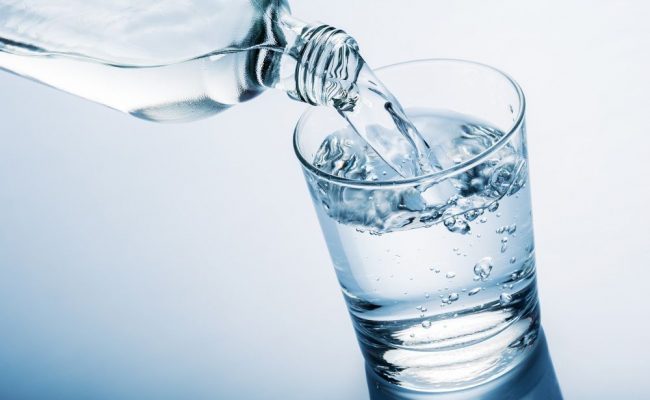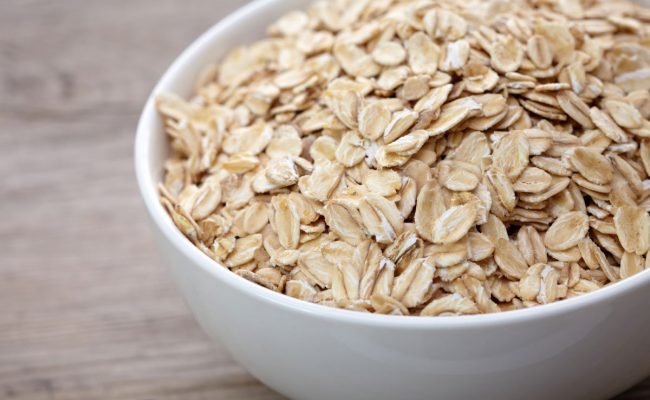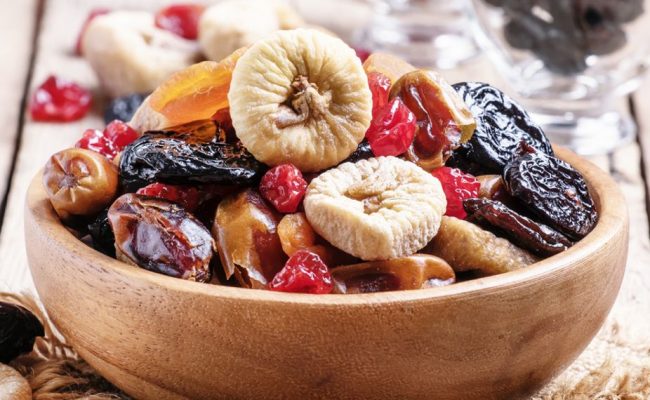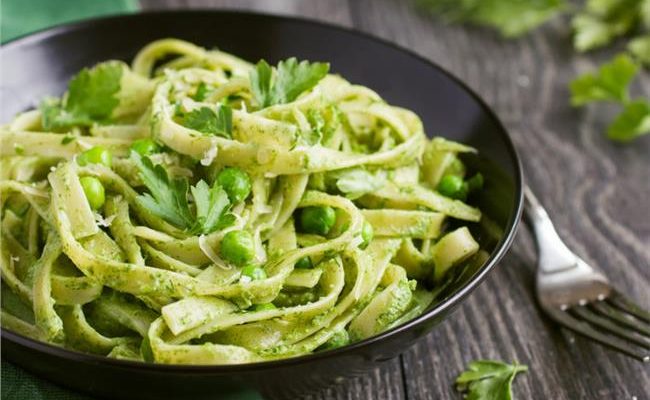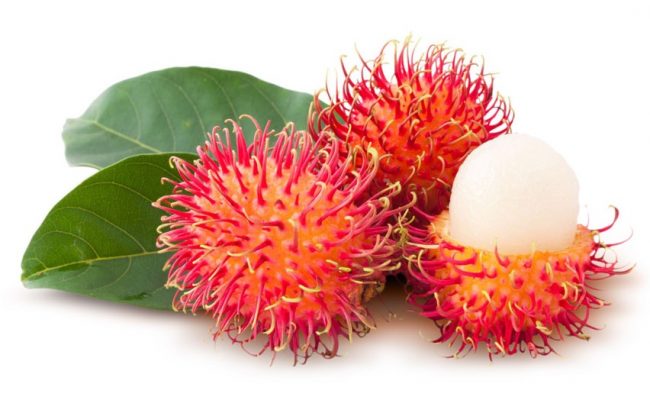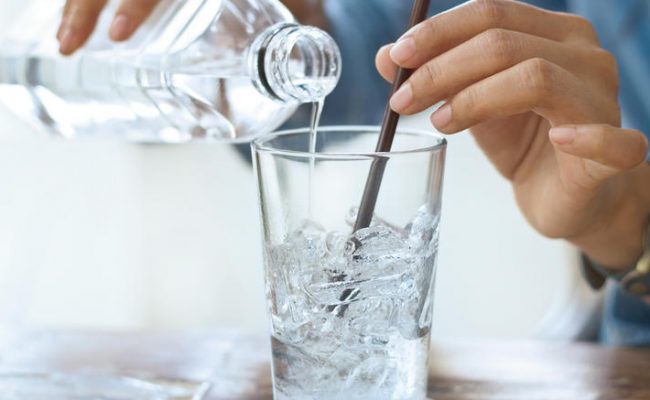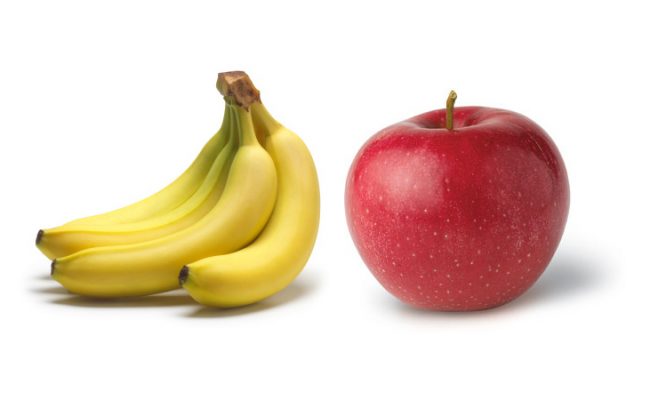
Watermelon is considered a safe food for most healthy people. It can be enjoyed as part of a balanced diet and can provide many important nutrients while hydrating your body. However, there are also some potential side effects from eating watermelon so care should be taken before adding watermelon to your diet.
As summer approaches, many Americans are gearing up to enjoy watermelon. Watermelon has been a popular summer past-time treat for picnics, on the beach, park or summer celebrations as a sweet, hydrating, refreshing treat.
Fortunately, eating watermelon provides much more than cool refreshment during the summer.
Watermelon is a good source of many nutrients, is low in calories and is a hydrating food.
In fact, watermelon can be higher in the antioxidant lycopene compared to tomatoes.
Health benefits of Watermelon
Watermelon is a subgroup of the Cucurbitaceae family that includes honeydew, cucumber and cantaloupe. Gourds like squash and pumpkin are also considered a member of this family.
A traditional watermelon has bright red flesh with black seeds, but watermelon can also be seedless red, yellow or orange in color.
Here is a summary of the health benefits of Watermelon:
- It has a low glycemic load
- Watermelon is low in calories
- Watermelon is mostly water
- Watermelon is a leader in lycopene among fruits and vegetables
- Watermelon is a source of minerals potassium, calcium, iron and magnesium
- Watermelon has a low GL
1. It has a low glycemic load
Watermelon is notoriously sweet, but what may be surprising is it has a low glycemic load (GL) impact because of the high-water content.
2. Watermelon is low in Calories
A cup of diced watermelon provides less than 50 calories, 0 grams of fat, 11 grams of carbohydrate, 9 grams of sugar, about 1 gram of fiber and about 1 gram of protein.
Since watermelon is so low in calories, you can eat a decent serving without adding a lot of calories.
Two cups of diced watermelon is still less than 100 calories, and eating watermelon can help make you feel full because it is high in water content.
This makes the watermelon seem “heavy” and can take up more volume in your stomach.
Instead of registering calories, we register amount of food or volume to gauge how full we are.
Therefore, eating watermelon as a snack or as part of a meal can help increase your volume of food and actually increase your satiety.
3. Watermelon is mostly water
Drinking enough water per day can provide many benefits. About 80% of fluid needs in the body are obtained from drinks in our diet, and about 20% of fluids we get from foods we eat (1).
Eating fruits and vegetables can be one way to increase your fluid intake from foods in your diet. Fruits and vegetables are primarily water, so they can help hydrate your body in addition to fluids.
Watermelon is no exception; in fact, watermelon is mostly water (about 92% water). This may be one reason why watermelon is usually enjoyed in the summer. It is in season, but it can also help hydrate you in the warm summer months.
4. Watermelon is a leader in lycopene among fruits and vegetables
Lycopene is a member of the carotenoid family. Carotenoids are a phytochemical from plants that acts as an antioxidant in the body that can protect cells from damage. Lycopene is found in red fruits and vegetables like tomatoes, watermelon and red berries.
Physicians Committee for Responsible Medicine (PCRM) (2) suggests studies have shown lycopene may help prevent certain cancers and may also lower risk for cardiovascular disease.
Therefore, eating foods high in lycopene may help protect against these, and possibly other, chronic diseases.
Tomatoes are usually associated with being a good source of lycopene. However, The National Watermelon Board (3) suggests watermelon is a leader in lycopene among fruits and vegetables and contains one of the highest amounts of lycopene per serving.
Eating 2 cups of watermelon can provide about 15-20mg of lycopene.
A 2003 study (4) found fresh and frozen watermelon juice significantly increased plasma levels of beta carotene and lycopene suggesting watermelon provides a bio available source of lycopene.
5. Watermelon is a source of minerals potassium, calcium, iron and magnesium
Besides providing lycopene, watermelon also provides the antioxidant beta carotene which is a precursor to vitamin A.
A cup of diced watermelon provides about 17% DV vitamin A as beta carotene and 20% DV vitamin C. Watermelon also provides a source of B vitamins; a serving provides 5% DV vitamin B6.
Watermelon Nutritional Profile
Watermelon is a source of minerals potassium, calcium, iron and magnesium. A serving of watermelon provides:
- 1% DV calcium
- 2% DV iron
- 3% DV magnesium
- 4% DV potassium
- Only 2 mg sodium (0% DV)
Not only is watermelon high in water, but by being a source of electrolytes magnesium, potassium and only a small amount of sodium, these can also help regulate fluid balance in the body.
6. Watermelon has a low GL
Some may be wary of eating watermelon for fear it is a source of sugar. All fruits contain sugar, but they also provide fiber which slows the release of sugar into the blood stream.
Watermelon can technically be considered a high glycemic index (GI) food which means it can leave the digestive tract quickly and raise blood sugar.
However, when you account for serving size, the impact of watermelon’s ability to raise blood sugar is low.
The GL takes into account a portion size of food typically eaten to compare that size to raising blood sugar. Watermelon has a low GL according to Registered Dietitian Jennifer McDaniel in a 2016 New York Times article (5).
Are there any side effects from eating watermelon?
Watermelon is considered a safe food for most healthy people. It can be enjoyed as part of a balanced diet and can provide many important nutrients while hydrating your body.
- If you are following a renal diet or a low potassium diet, consult your healthcare team before adding watermelon to your diet.
- Consuming more than 30 mg of lycopene per day may cause some digestive side effects in some people.
- While watermelon is considered a low GL food, if you have been advised to follow a low carbohydrate diet by your medical team, consult them before adding watermelon to your diet.
- While watermelon is considered a healthy food, it can be a potentially hazardous source of foodborne illness.
Watermelon, cantaloupe and honeydew can be a source of salmonella which could make you sick. To lower your risk, wash watermelon thoroughly before cutting and keep in the refrigerator after cutting.
